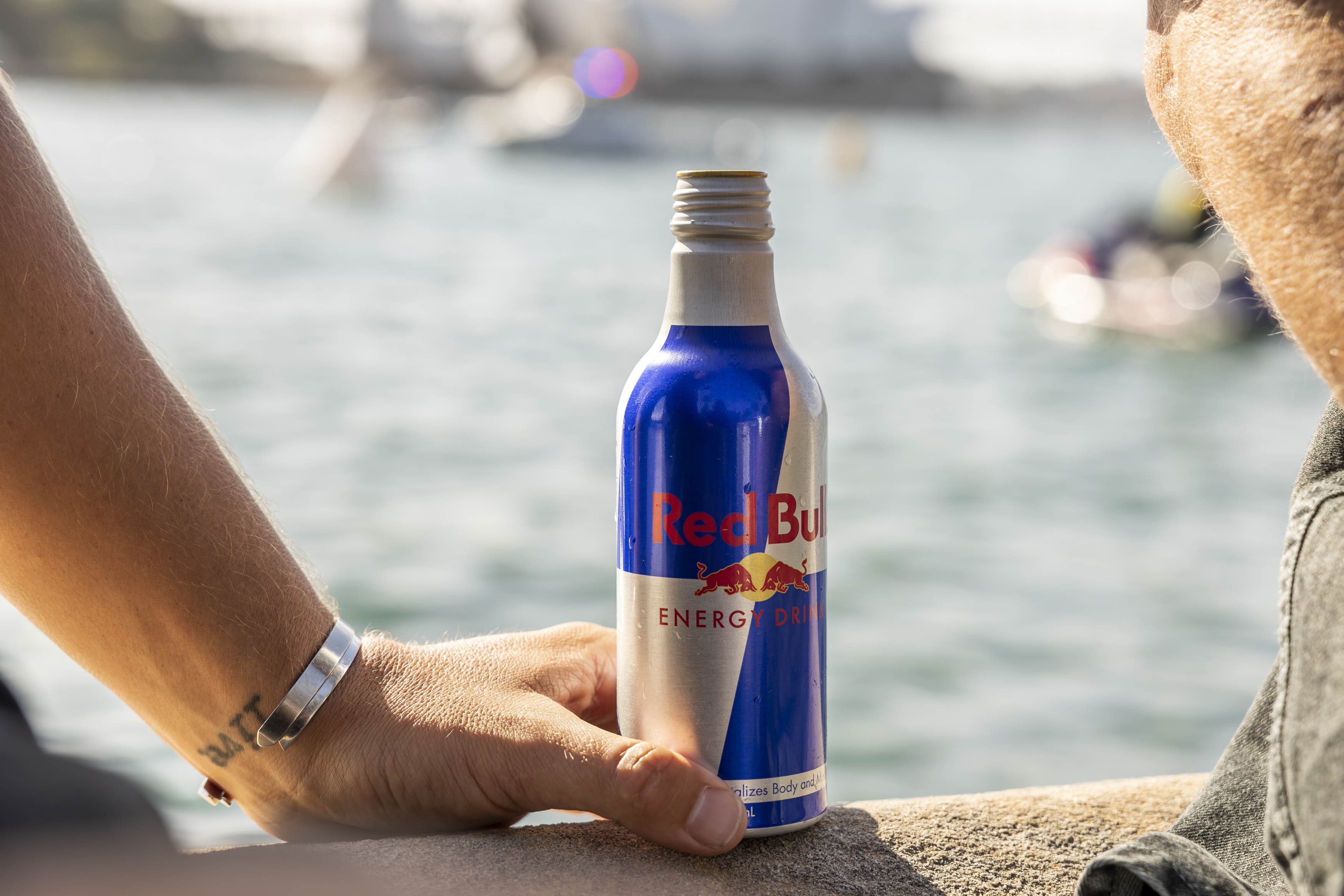Coca-Cola Amatil has called on the government to ease lock down restrictions to save small businesses in Australia.
The company is concerned that many businesses won't survive an extended shutdown, with MD Alison Watkins telling The Australian Financial Review she would like to see a staged easing of restrictions begin next month.
"We've done a great job here in Australia in suppressing the spread of the virus and we need to make sure we go about lifting or changing the measures so that businesses can get back to business but we don't create conditions inadvertently that allow the virus to rear its head again," she said.
"A staged easing and risk-based approach that protects vulnerable people and lets some of our retail outlets ... get going again with the right social distancing, and manufacturing businesses [to restart] with strict and proven hygiene procedures and shift rotations," she said.
The drinks company said there has been a 50% drop in demand for soft drinks, water and juices during the shutdown of cafes, restaurants, bars, cinemas, stadiums and gyms.
Non-alcoholic beverage volumes fell about 15% in April, with a 50% drop in on-the-go volumes.

Alcohol volume declined by approximately 20%, with on-premise outlets "being severely impacted by the government’s restrictions".
Peter Collignon, a professor of microbiology at the Australian National University told The Sydney Morning Herald that he expects lock down restrictions to continue for months, with pubs to remain closed until spring.
"Unfortunately I don't think until September this year at the earliest," he said. "Winter is coming and that is our next big risk time – for all respiratory viruses, including this one."
Amatil makes $140million in cuts
Amatil is also making $140million in cuts to its business. Watkins said that while the company has been able to “produce and distribute and protect jobs” to date, measures were required to protect the future of the business.
"We have however seen a pronounced impact on volumes and shift in our channel mix and are redeploying our people and resources to serve customers with high demand,” she noted.
Among the measures are reducing marketing expenditure by $20 million, cutting sales and management incentives by $40 million, freezing recruitment ($10 million), asking staff to reduce annual and long-service leave balances ($20 million) and minimising discretionary spend such as travel and conferences ($50 million).
The company is currently working on post-shutdown strategies, which include a stronger focus on online sales and reducing new product launches.
“Despite the prevailing challenges we have a clear path forward to weather the current conditions and we are considering our plans for the medium to long term," Watkins concluded.
“Our strong balance sheet, ample liquidity and solid credit ratings mean we are in a strong position financially and operationally not only to trade through the pandemic but to also emerge a stronger and better business.”
Share the content










